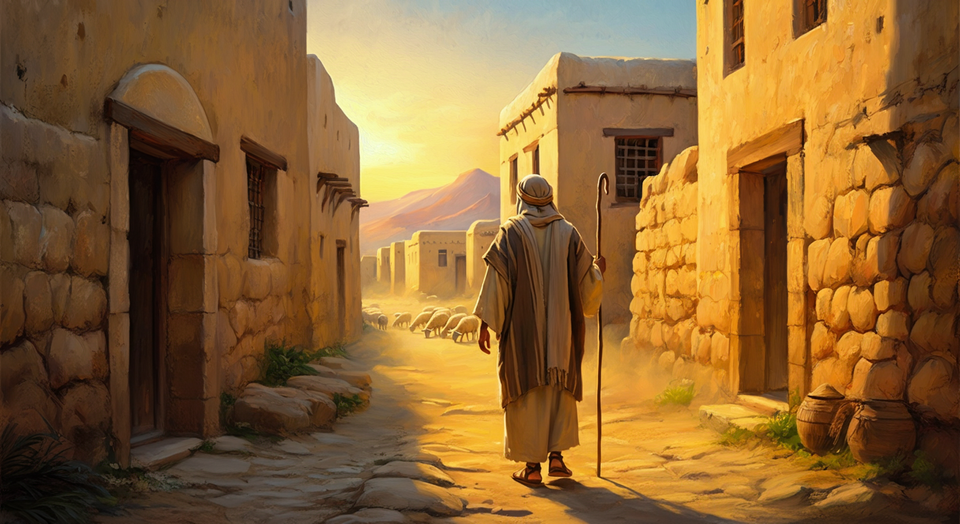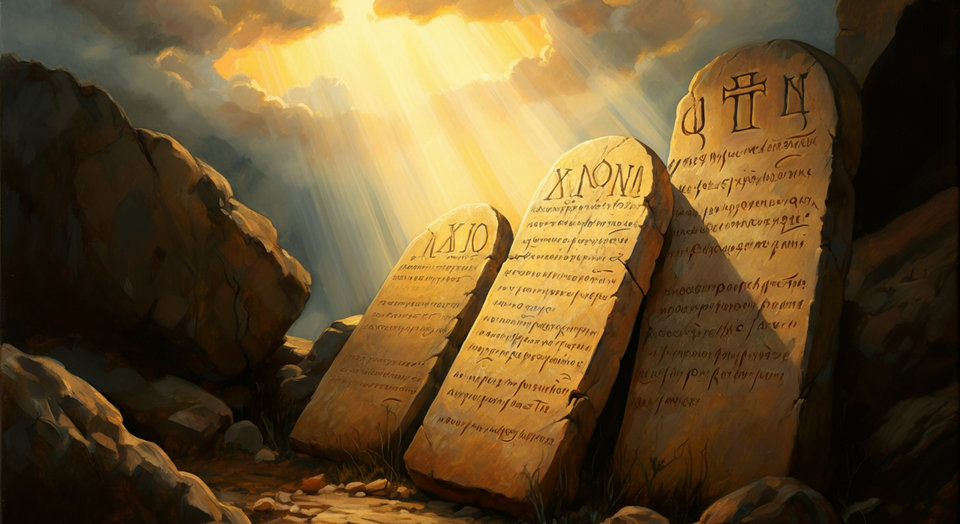In Exodus 3:14, it says I am who I am. What does that mean?

Question
In Exodus 3:14, it says "I am who I am." That seems so abstract, what does it mean?
AI Answer
The phrase "I am who I am" in Exodus 3:14 is an important passage in which God reveals himself to Moses. While this phrase can be interpreted in a number of ways, it primarily means the following
- God's self-existence: indicates that God is independent and self-sufficient, not dependent on anything.
- Eternal: means that God is an eternal being without beginning or end.
- Immutability: refers to the unchanging nature and attributes of God.
- Faithfulness: means that God is always with His people and keeps His promises.
- Transcendence: indicates that God is beyond human understanding.
This phrase succinctly yet profoundly reveals the nature and character of God.
Question
"I am that I am" represents God's transcendence, but why would God use such an ambiguous phrase? Couldn't He have described Himself more directly?
AI Answer
There are many interpretations of why God used the phrase "I am who I am"
- Maintain mystery: Because God's essence is beyond human understanding, He may have wanted to maintain a mysterious quality that cannot be fully defined.
- Limitations of human language: It is impossible to fully express an infinite, omnipotent being in finite human language. Perhaps this representation is meant to convey the most essential aspects while acknowledging its limitations.
- Open to interpretation: This phrase is open to a variety of interpretations, leaving room for different times and cultures to develop a deeper understanding of the nature of God.
- Emphasizes relational meaning: "I am who I am" goes beyond a simple declaration of existence and emphasizes the relational aspect between God and humans, which can also be interpreted as "I will be with you".
- Sovereign self-revelation: When God reveals himself, he does so sovereignly, not according to human expectations or demands.
Self-revelation in this way better reveals the depth and richness of God, and invites humans to continue to explore God.



